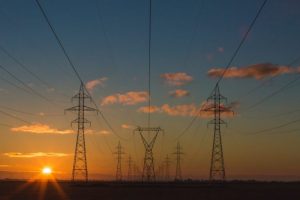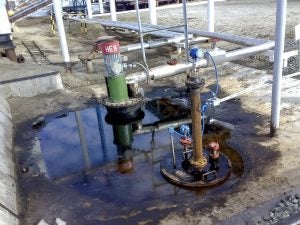 The United States onshore oil and gas industry operates nearly one million production wells across 30 states. To protect our health and environment, these wells must be designed, constructed, operated, maintained and closed in a way that prevents leaks and explosions.
The United States onshore oil and gas industry operates nearly one million production wells across 30 states. To protect our health and environment, these wells must be designed, constructed, operated, maintained and closed in a way that prevents leaks and explosions.
To help regulators keep current on leading practices for protecting our environment from the risks associated with oil and gas production, EDF teamed up with Southwestern Energy and dozens of experts in industry, government, academia and advocacy to develop a Model Regulatory Framework for Hydraulically Fractured Hydrocarbon Production Wells in 2014. The framework has been used by states around the country as they have developed or updated well integrity regulations — notably, when Texas adopted several dozen ideas from the framework, blowouts fell 40% (and injuries from blowouts 50%) the next year.
EDF recently launched a new edition of the framework, which contains around 60 improvements based on the latest research and recommendations from oil and gas industry’s technical societies.
Here are some of the key changes in this new edition.
Read More »
 As Texans contend with the threat of the COVID-19 virus and an economic downturn, the state’s Public Utility Commission has adopted a proposal to prevent customers from having their power shut off in the midst of the current crisis.
As Texans contend with the threat of the COVID-19 virus and an economic downturn, the state’s Public Utility Commission has adopted a proposal to prevent customers from having their power shut off in the midst of the current crisis.













